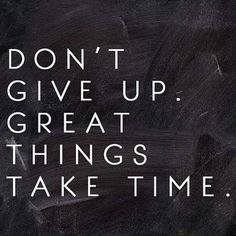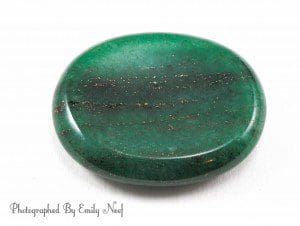Meet Dr. Taunya Tinsley
Doctor Taunya Marie Tinsley is a Licensed Professional Counselor, DMin, PhD, NCC, LPC. She is the owner of Transitions Counseling Service LLC and Life Skills Program, where she provides individual, marriage, family and group counseling and consultative services. Additionally, Dr. Tinsley is the Clinical Director of the Mount Ararat Baptist Church Counseling Center. According to her website “Dr. Tinsley’s interdisciplinary areas of counseling, research, and publications include multicultural issues in counseling, multicultural training and organizational development, spiritual and Christian interventions in counseling, sports counseling, and youth, adolescent, and adult development through sports.”

The SOVA Project recently had the amazing and fortunate opportunity to sit down with Dr. Tinsley. During our sit down we had the chance to speak to Dr. Tinsley about her work as a counselor. Here’s what she had to say:
















